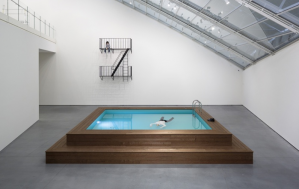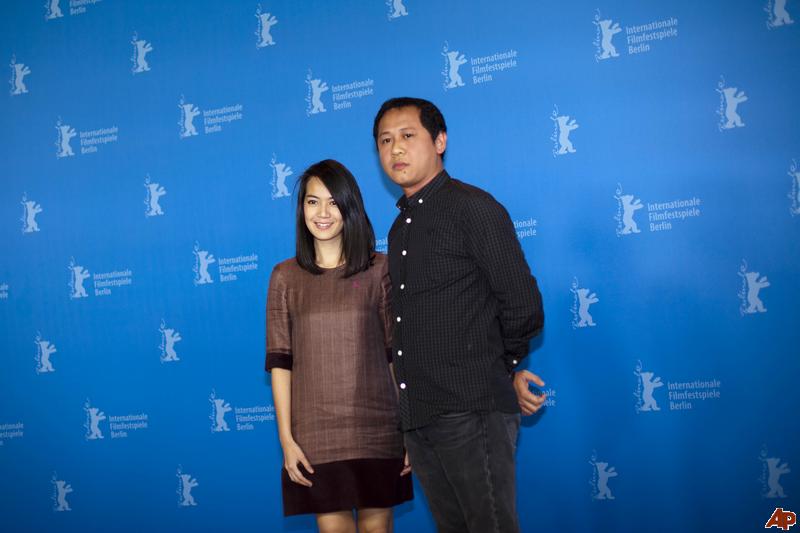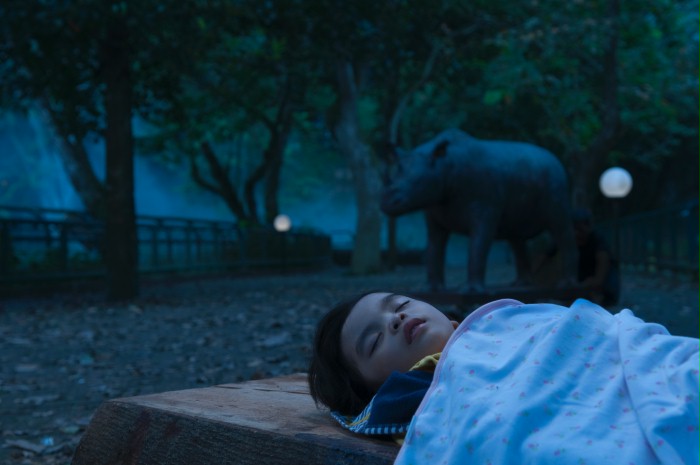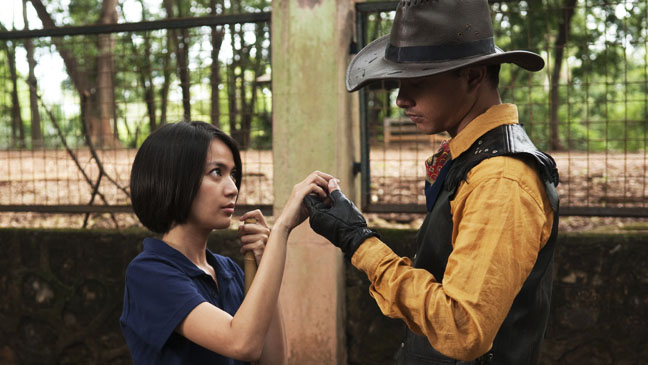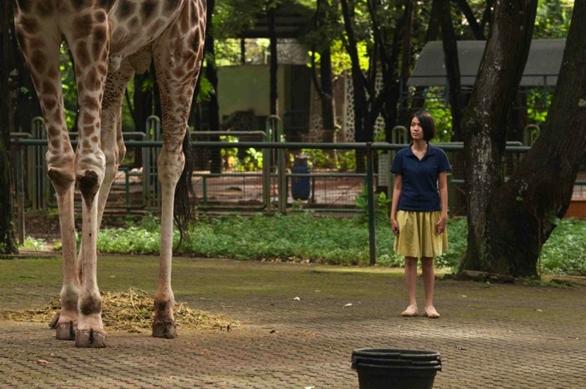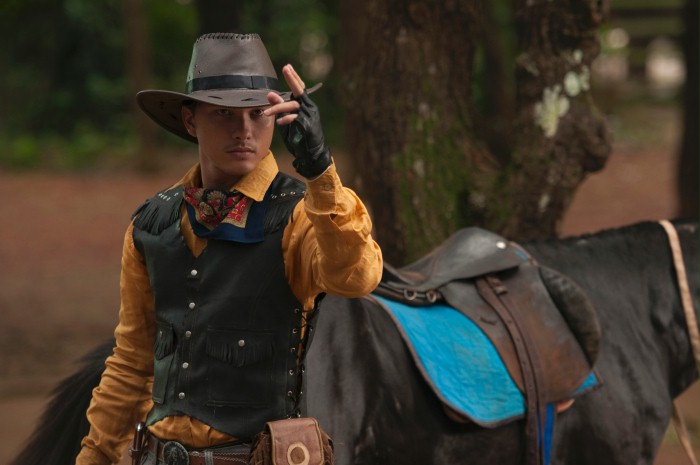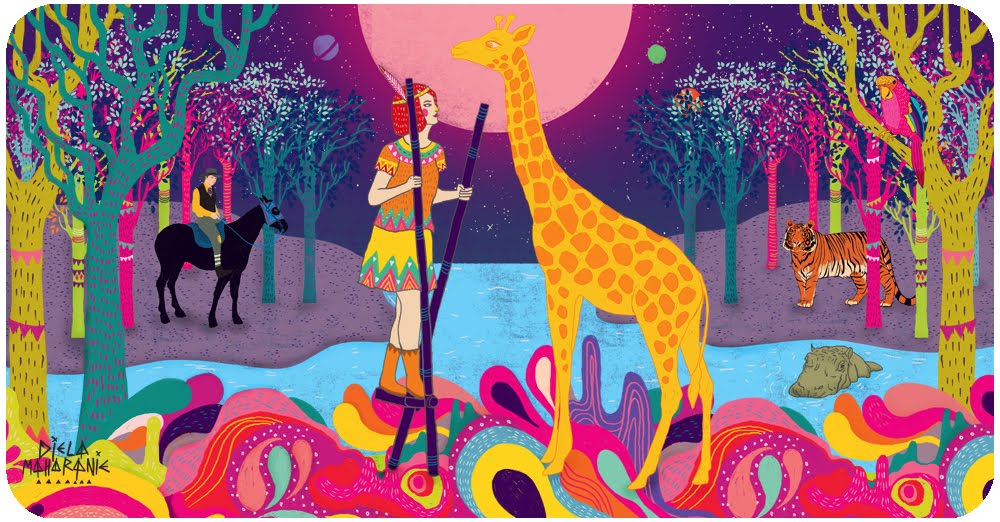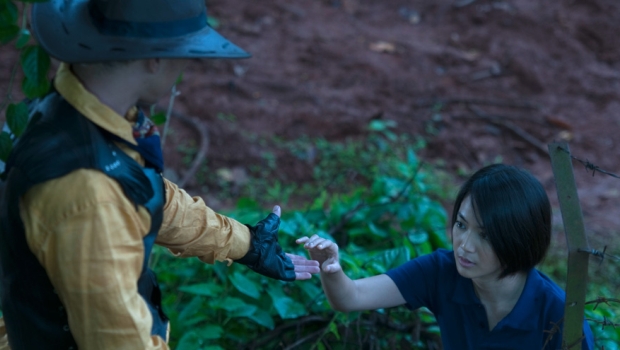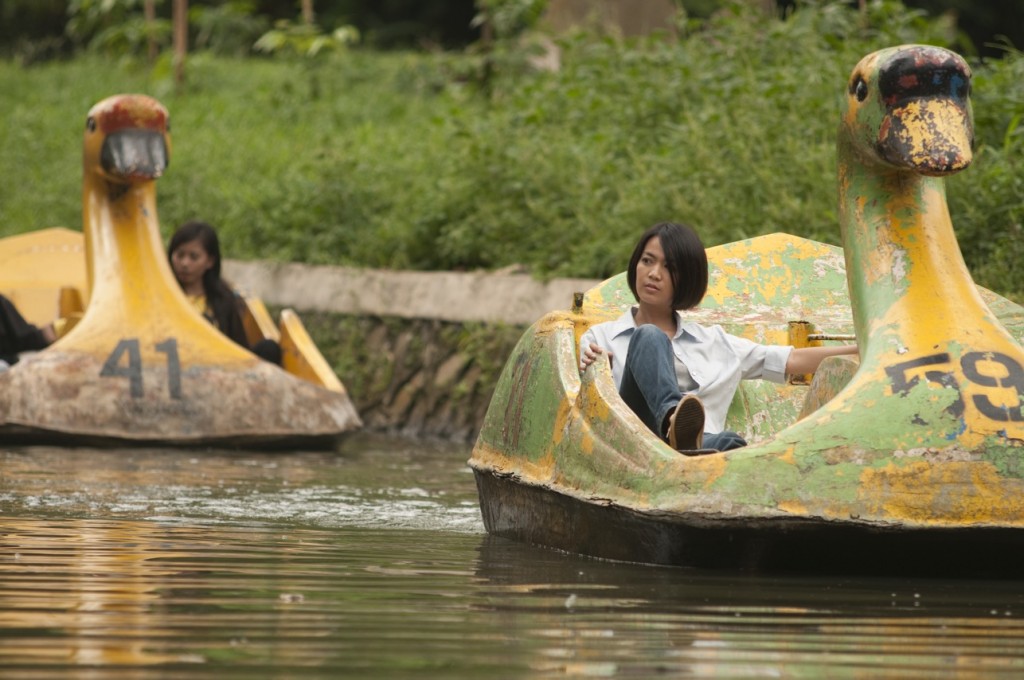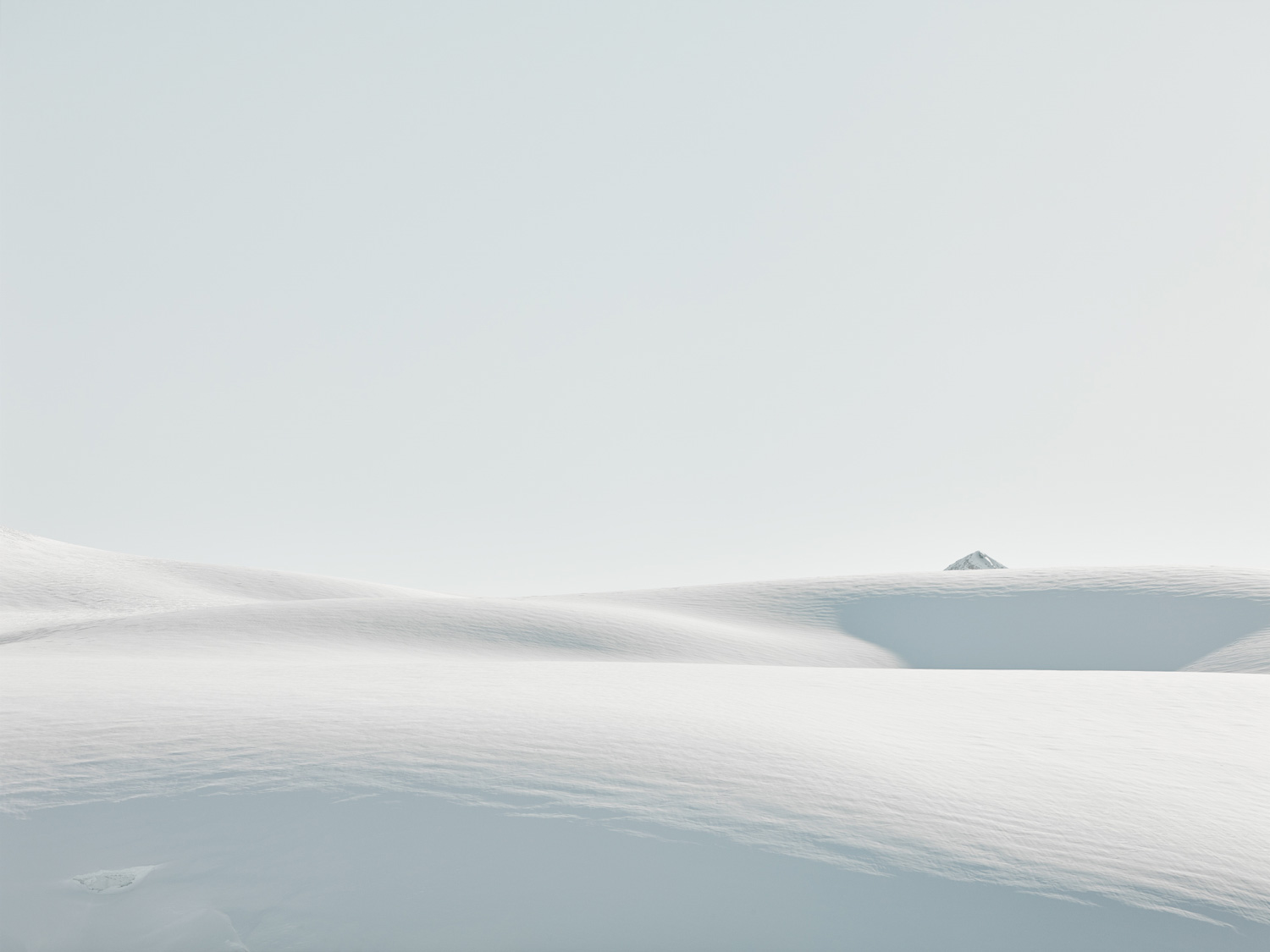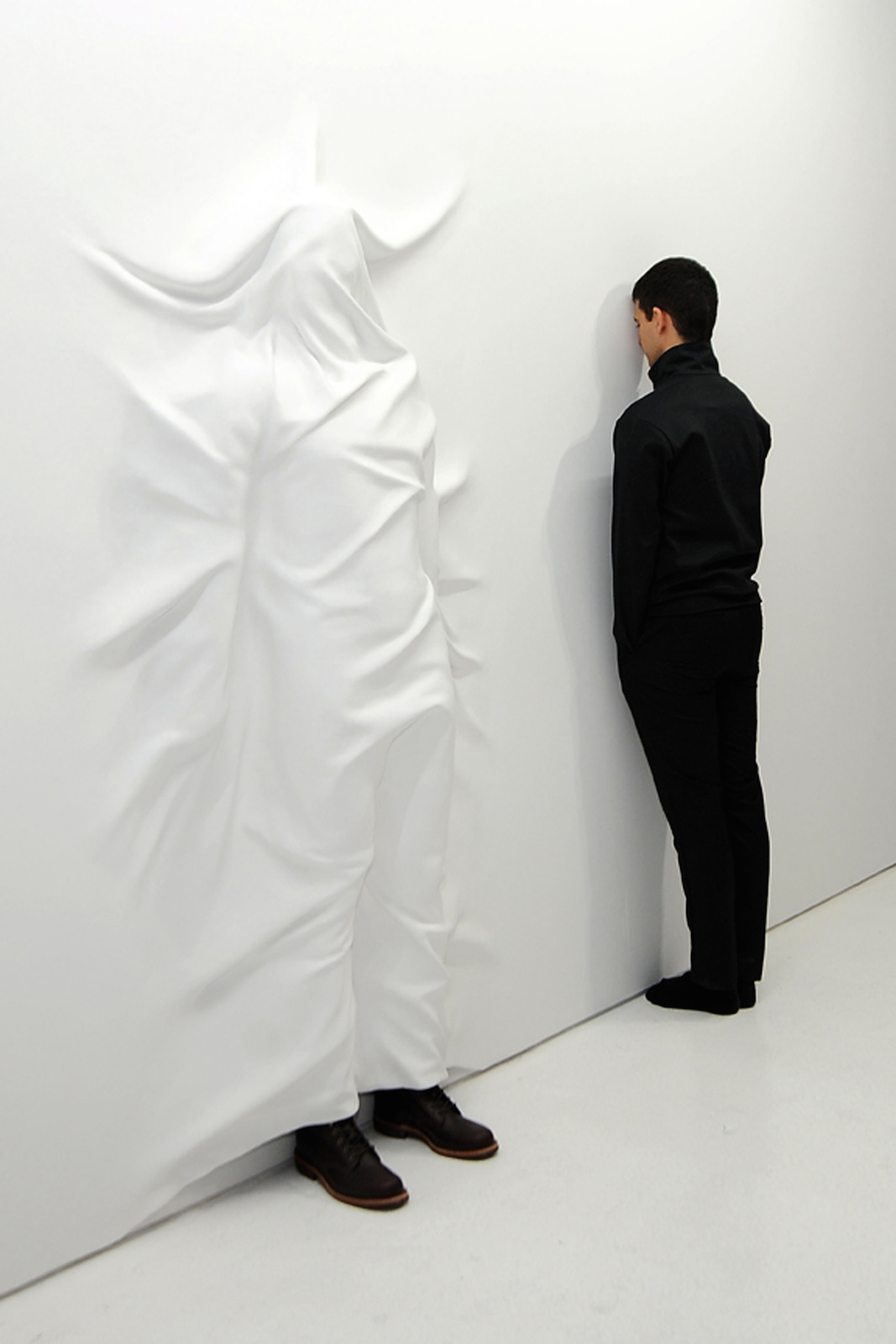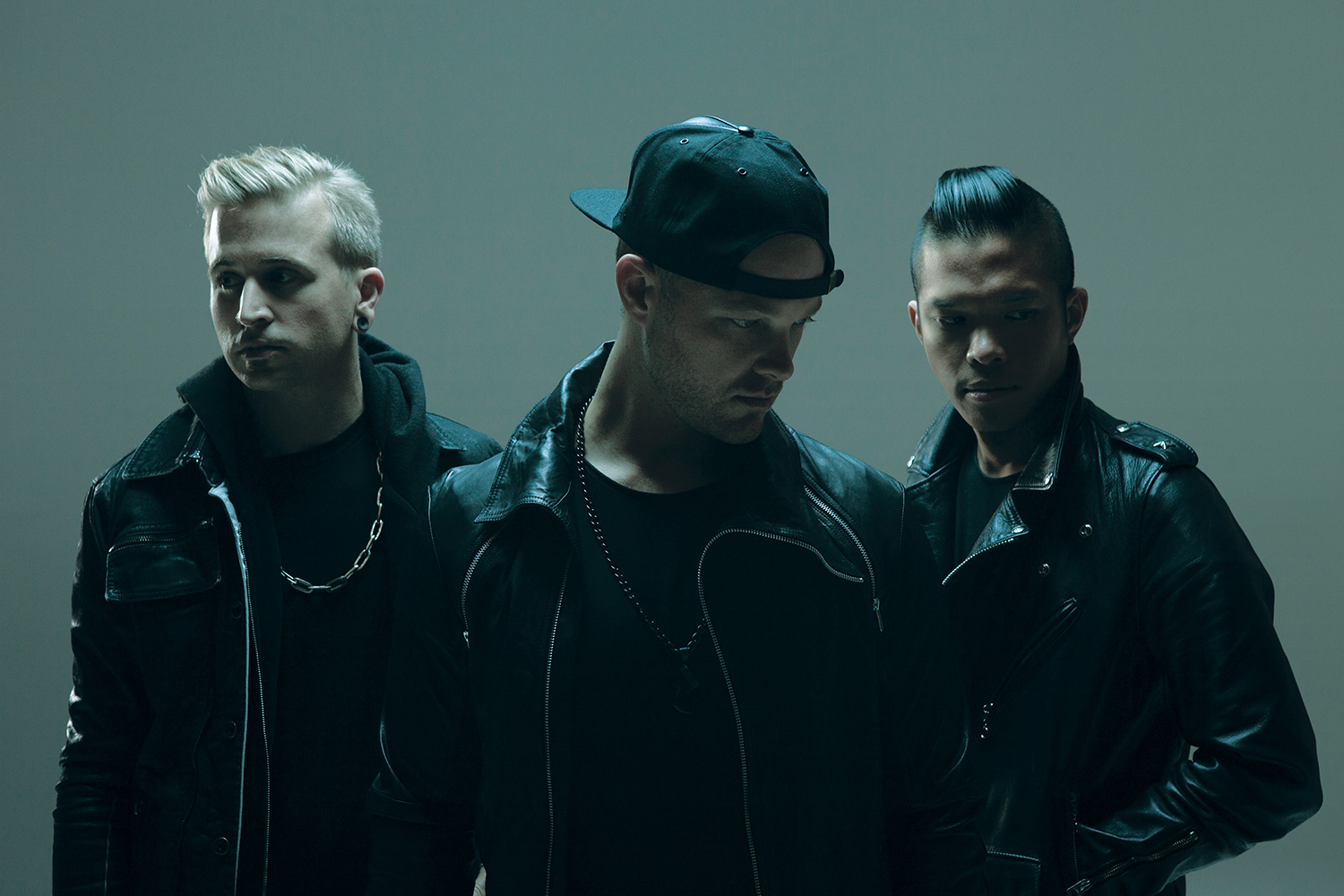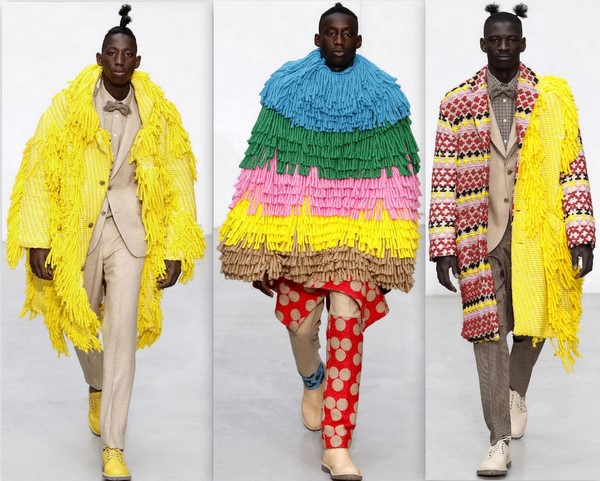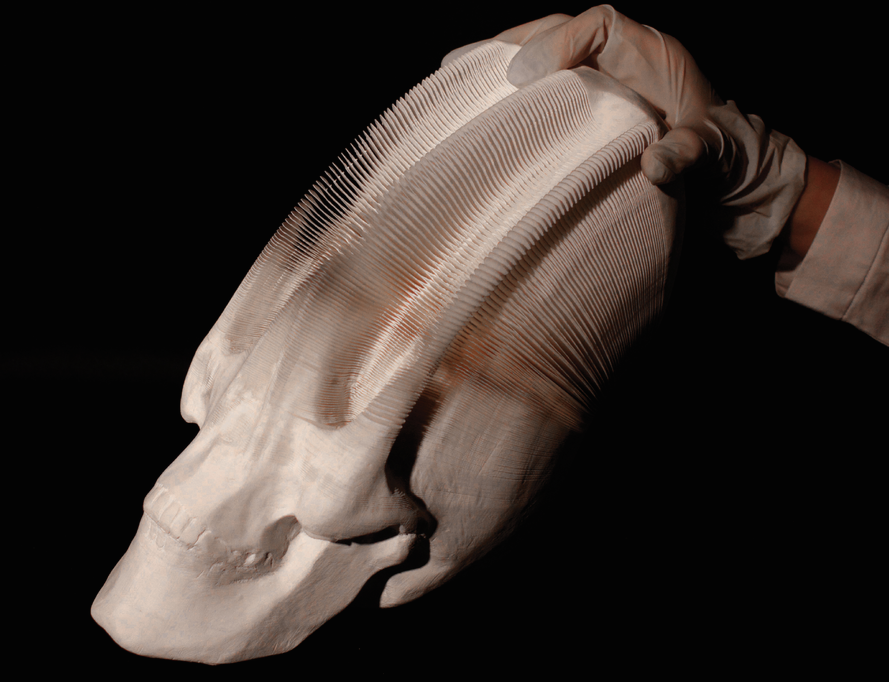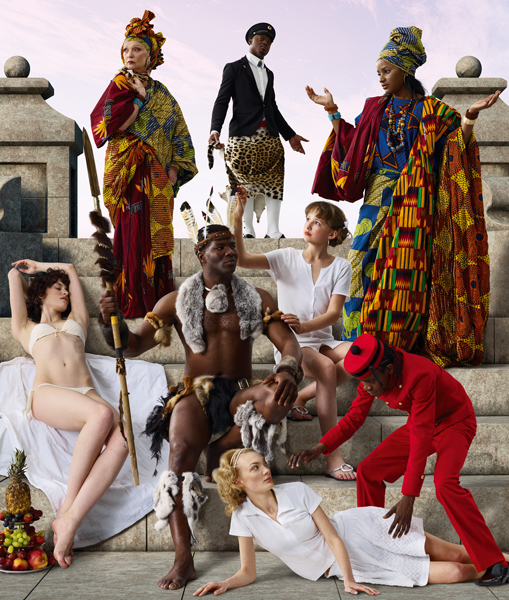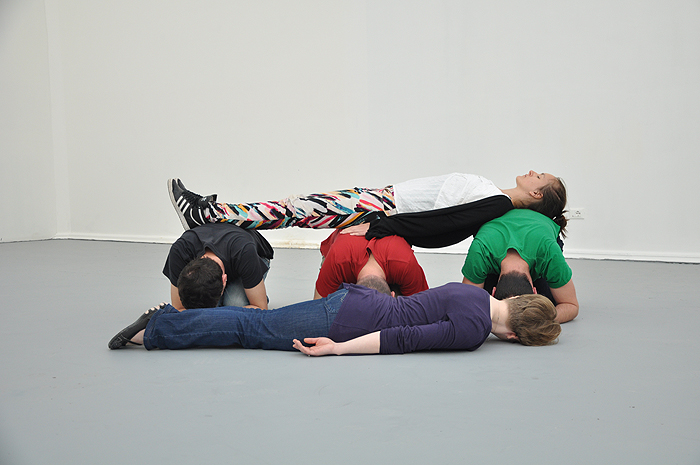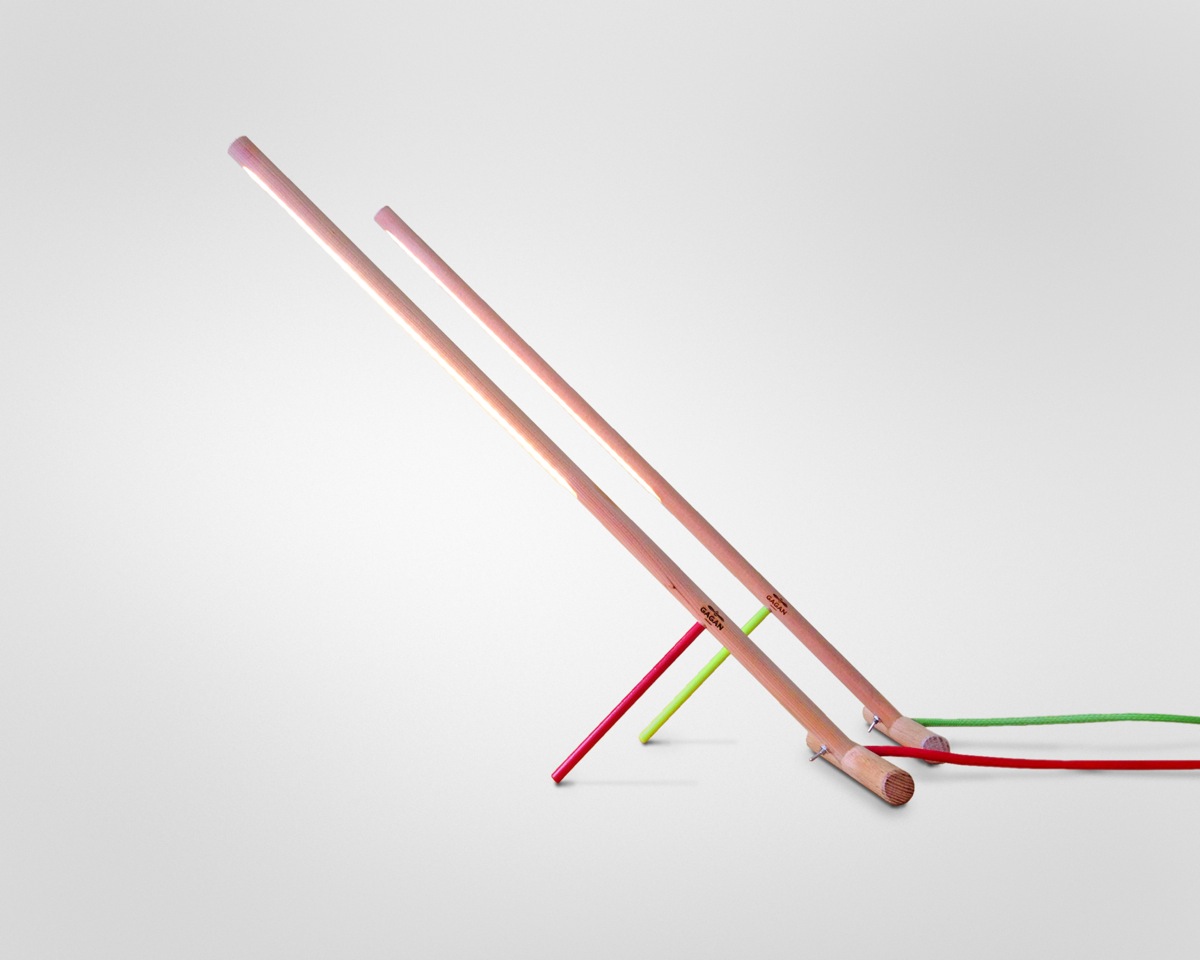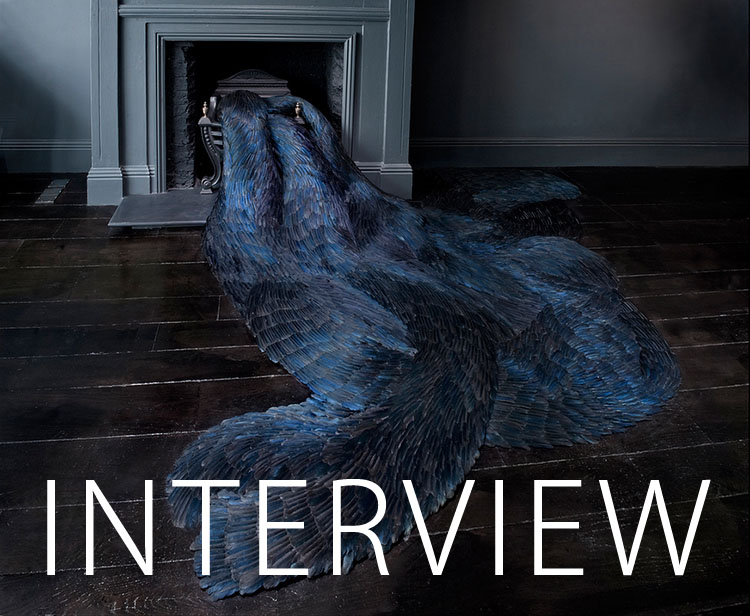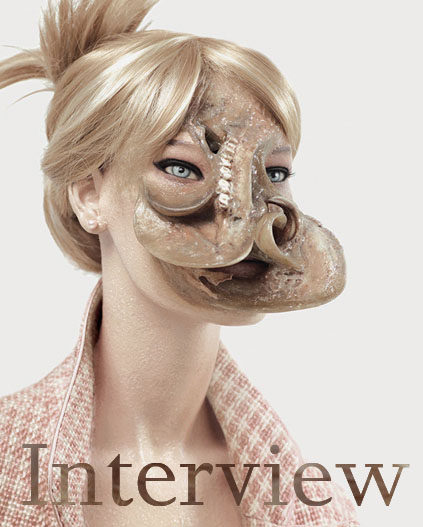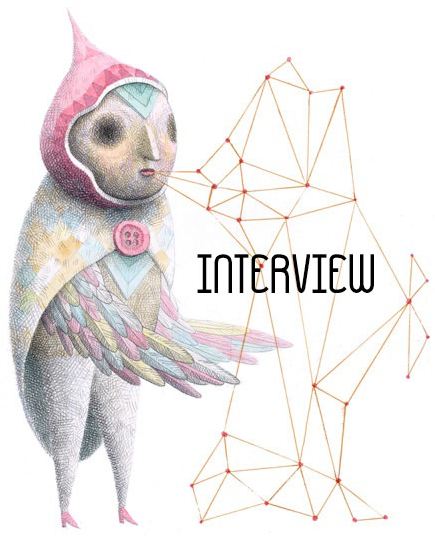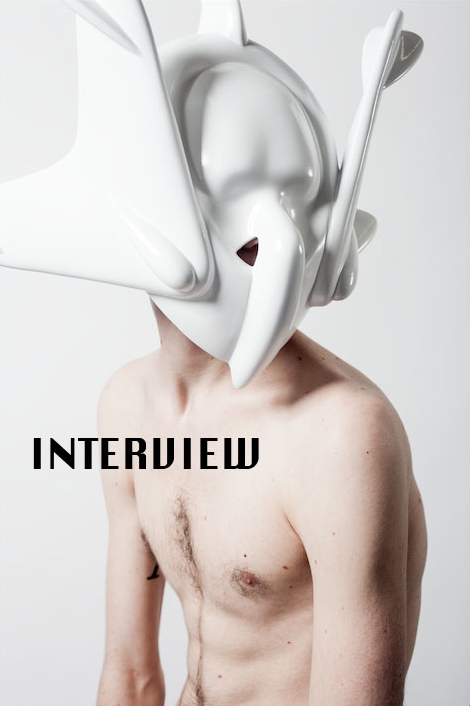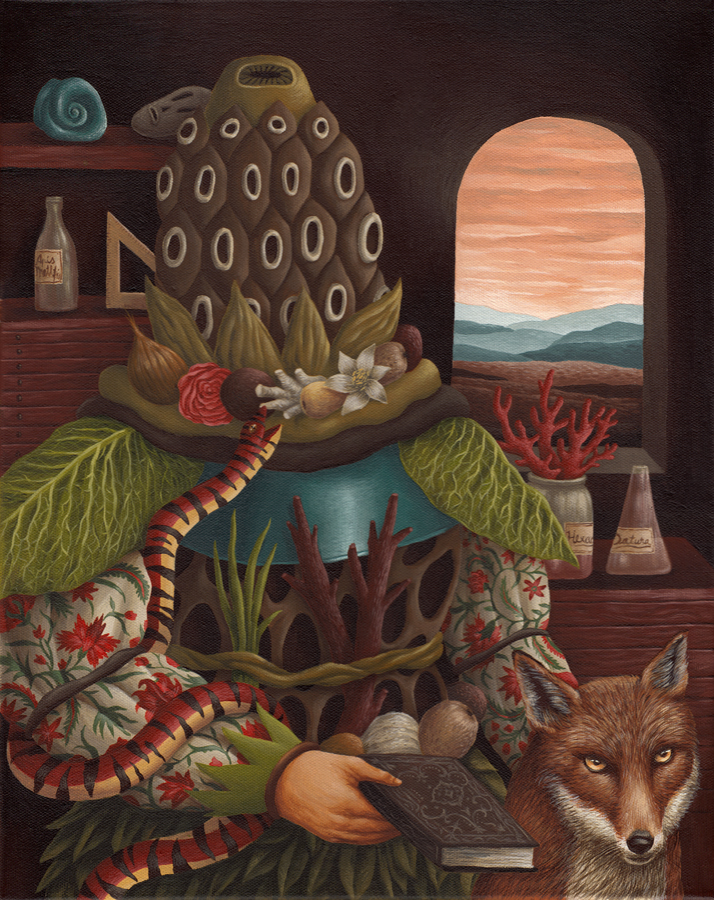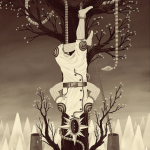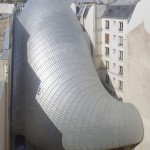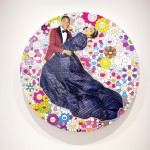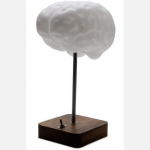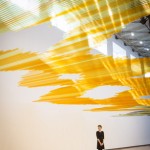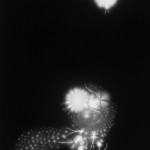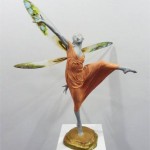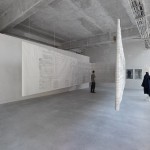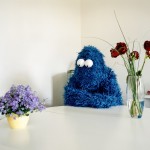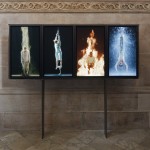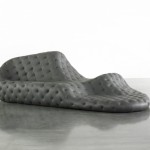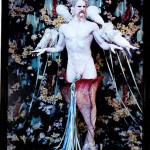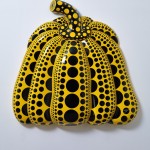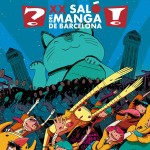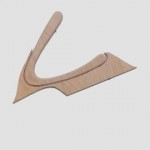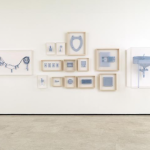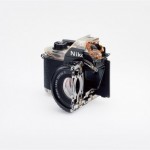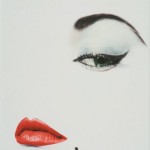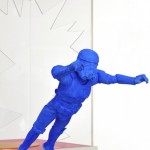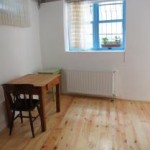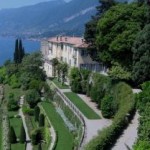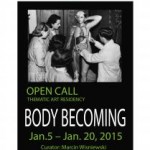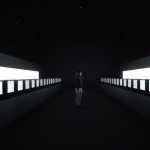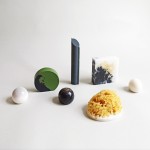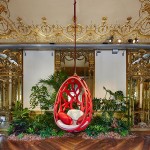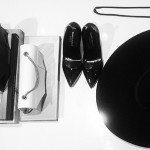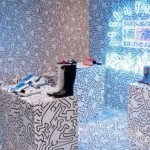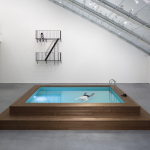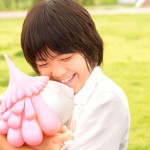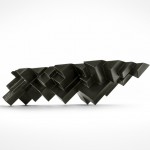INHALE is a cultural platform where artists are presented, where great projects are given credit and readers find inspiration. Think about Inhale as if it were a map: we can help you discover which are the must-see events all over the world, what is happening now in the artistic and cultural world as well as guide you through the latest designers’ products. Inhale interconnects domains that you are interested in, so that you will know all the events, places, galleries, studios that are a must-see. We have a 360 degree overview on art and culture and a passion to share.

Edwin is a rising Indonesian indie auteur, becoming slowly one of the most touching filmmakers of the Indonesian New Wave. His filmmaking touch is candid and introspective, creating a distinctive pattern in the contemporary cinematic world.
Conveying an organic type of storytelling, struggling to challenge the concept of senses in cinema, “Postcards from the Zoo”, seems an eclectic collection of noetic moods, magic atmosphere and lyrical realism.
The film portrays Lana, a 5-years-old girl, who was abandoned by her father in a Jakartian zoo. Poetically provoking, the film follows her youth, her choices, her inner challenges and her first steps beyond the zoo, towards a new set of values, aims and feelings.
Slowly, the genuinely abstract portrait turns into a spiritual essay about love and belonging, into a soft journey into adulthood, revealing hidden identities and aiming to discover the world as a playground, although sometimes it can become an alienating playground.
“Postcards from the zoo” is the second feature-length film directed by Edwin and had it’s official World Premiere at the Berlinale 2012.
We interviewed Edwin about the cinematic wonders he explored when conceiving the film and we were simply mesmerized by his inner drives as a young filmmaker and by his honest, thought-provoking answers.
Ioana Mischie: „Postcards from the Zoo” seems a touching visual origami, redefining inner roots, challenges, barriers, becoming slowly an eclectic path towards rediscovery. However, it is extremely hard to position or define „Postcards from the Zoo” as a genre and this is what gives to it a much deeper authenticity. What inspired you to tell this story?
Edwin: At first, I wanted to express the feeling of longing for something, and it developed into a story about the journey home. Perhaps when we are longing for something, at the very bottom of it, is the longing to feel at home, or to know what home is, but you must go through many things before you really come to that understanding, before you accept and respect that feeling. Another thing I was interested in touch, the absence of touching, the longing to be touched, which I feel is a basic human need.
Ioana: The script was developed in numerous high-quality development ateliers- Sundance, Torino Film Lab, Cinemart, Cannes Atelier. How long was the process of bringing the idea to a final draft? How important and effective is script development nowadays and how much did the story line change, while going through this process?
Edwin: It took about a year since the first draft that I made for Torino. All the experiences were valuable for me, especially because I don’t usually write a conventional format script. There were many elements that changed along the way, but I can say that at the end, the film did not depart very far from the original idea.
Ioana: I have read recently „About Looking” by John Berger and I unconsciously connected this book with your film. „Postcards from the Zoo” is a good icon and self-reflexion on human beings, for the way we conceive our societies, our conventions, our patterns, our aims, but it is also an organic essay exploring looking, touching, longing. What motivated you to choose this sensorial approach in cinema, which is extremely hard to convey?
Edwin: It was only my personal curiosity, a challenge I’m interested in. I think that cinema has the power to directly provoke our sensory experience.
Ioana: You portray Lana - a little girl who grew up with her father in the wilderness of a zoo and we follow her path as a visual enchanting diary film. The magic of the film is hightened when Lana meets a handsome magician. You seem to portray their love as a fragile playground. There is a very intriguing type of romance, a relation based on intuition, and „beyond”-ness. How did you build the relationship between them and why did you choose this certain mysterious interaction, the contrast between the two?
Edwin: I think we all know this attraction to the unknown, we can be so attracted to what we don’t know. The trigger for the attraction can be anything, but as a whole, what draws us is the mystery. Sometimes the person we are attracted to is just a proxy, for another world that we want to visit, a place or state of mind where we want to take ourselves.
Ioana: In „Postcards from the Zoo”, Lana (played by Ladya Cheryl) builds a whole universe of emotions, driving the journey forward, raising spiritual stakes. It’s your fifth collaboration with Ladya Cheryl, how did you two meet and develop this professional relation in time?
Edwin: I really enjoy working with a cast and crew that is like family, that has developed experiences with me over time, I think that it contributes to the film itself.
Ioana: You seem to redefine home, not as a place, but as a state of mind, as a feeling. What is home, for you as the conceiver of this filmic universe?
Edwin: Exactly,home is a state of mind, a feeling. For me, first of all, home is making films, and home is my wife and son, wherever we may be in the world.
Ioana: The visual storytelling is mesmerizing, playing with details of rain, faces, gestures. You make an entire visual collage of memories, dreams and magic realism that makes the spectator feel he witnesses a contemporary fairytale. How did you conceive the visual side of the story? Did you work with carefully-sketched moodboards or rather with improvisation on set (if so, please give us an example)?
Edwin: No, I didn’t use any mood-boards, but I tried my best to convey to the cast and crew, illustrating with words and inviting them to think about the feelings I wanted to show.
Ioana: The scene with the rain invading the skin of an elephant is probably one of the most expressive raining scenes in the recent cinema. How did you conceive and make that specific scene?
Edwin: With every film I’ve made, there is usually a strong image that appears in my head even before the script is written. With Postcards from the Zoo, it was that image, the rain on the dusty skin of an elephant.
Ioana: How did you shoot the night images, obtaining the soft dark tint?
Edwin: Because we couldn’t shoot at night, we overcame that by shooting day for night, which may give a dark impression in some images.
Ioana: There is an eclectic type of storytelling, yet a very touching one, built on visual moods. What is your own personal approach on storytelling and what do you find most challenging when telling a story? Do you usually start from a certain character, from a certain image or rather with a place or a certain situation or dramatic structure?
Edwin: Yes, I certainly always start with a strong image and a feeling, before the story develops. I think this is why images are the basis of my storytelling, rather than dialog or characters.
Ioana: The dreamlike settings and movements are without any doubt a creative tag of the film. You declared in an interview „reality is the raw material for the dream”, but how would you define a dream?
Edwin: A dream is experienced in a state of unconsciousness, and it is usually doesn’t arrive in a linear or logical form. It is a montage that doesn’t seem related logically, yet feels so strong when you wake up, and eventually can reveal so many truths, if you choose to think about it. When I say reality is the raw material, I am only repeating theories I believe, that dreams come from our own thoughts and actions, not from the heavens above.
Ioana: Although it has a deep personal touch, „Postcards from the Zoo” for me seems also a story of our times in this socio-political sense. Could the zoo be perceived, in a wider sense, as a set of conventions, just as capitalism is nowadays?
Edwin: It could be understood that way, if the audience wants to. In the film, we offered some definitions and terms related to the zoo, that can be applied to many other places or things. I myself thought of the zoo as an embodiment of longing and loneliness, among others, but it can still be a home for many. But I would love for the audience to have other interpretations.
Ioana: Your film is invaded by myths, by symbols and traces. Sometimes I have the feeling that the zoo is the only central character. Is the zoo an axis mundi, a place for rebuiding ourselves or rather a system that has to be revitalised, redefined , revolutionized?
Edwin: It could easily be both, and this is the confusion that exists in my country right now. There is a sense of helplessness to the current conditions, but also a strong spirit and sense of belonging and loyalty and hope. A zoo is a forced habitat, not a natural habitat, and the animals survive there in their own way, it is their own reality that they accept and live in, although some can reject it and finally die.
Ioana: How did you build this relation between the characters and the animals and how much time did the shooting take?
Edwin: The leading actress (Ladya Cheryl) spent 6 months working at the zoo with some of the caretakers. I also went there with her frequently. Of course, this put her at ease with the environment and the community of people and community of animals. The whole shooting took about 1 month.
Ioana: Because the film has a very personal touch, how did your Indonesian background influence you when making this film?
Edwin: I think that a lot of things in the film is very Indonesian, whether it is physical things or conceptual and viewpoint.
Conceptually, for example, I spoke of the parallel between the zoo and our country. That is just one example, and there are many more illustrations. I realize now, in my films I tend to express what bothers me about my country and what I find is beautiful in the chaos and survival. I think it is part of my love for my country.
As for physical details, you can see some distinctly Jakarta images that I love to show, like the noodle wagon where the cowboy and Lana have a meal, and the activities in the zoo—it’s one of very few green outdoor public spaces in Jakarta, so it becomes like a huge park where everything happens. The dialog between the cowboy and the cigarette vendor, is also a Jakarta way of life.
Ioana: What motivated you at first to start fimmaking and what would be your sincere advice for the even younger emerging filmmakers and film-lovers in order to pursue a career in filmmaking?
Edwin: I was so excited to know there is a film school in my country, I had no idea people could go to school for filmmaking. I moved to Jakarta to go to film school. If I had any advice for other filmmakers, it would be a reminder not advice: never stop watching films, in cinemas.
Ioana: Where do you search for inspiration when making films and what films from the history of cinema do you feel connected with?
Edwin: I love the first days of film, Melies & Lumiere brothers… I always go back and think about what cinema meant to people in those times: Magic! Dreams!
Ioana: We are living a very controversed and chaotic cinematic era. Amateur films become an „esthetique” for some filmmakers. Youtube, Vimeo promote shorts and the audience starts to be more and more addicted to this fast-paced type of visuals, while your cinematic language is peaceful and patient, revealing characters, details. How do you think cinema will evolve in the next years, taking into consideration the oddisey of the new technologies? And what is your position in this „fast food, fast thought, fast love” (as Pierre Bourdieu used to call it) environment?
Edwin: Maybe at first I felt cynical about all of the instant this and that, but something good will fight back and emerge out of it, I’m sure. Out of every condition, rebels and survivors are born, and produce things beyond the present reality. Who knows what the reaction to all this technology will be, I’m sure it’s out there already, waiting to be found.
Ioana: The film as a whole is a co-production of three countries – Indonesia, Germany and China. How did you manage to work in this international crew and how hard is to co-produce, instead of national producing?
Edwin: The co-production in this film was for distribution and marketing, and I think that it has amazing advantages of exposure possibilities compared to national production. Today, with the internet, I think that there are no obstacles in communication.
Ioana: What are your upcoming projects as a director and what would you like to explore through cinematic language in the next months?
Edwin: I just finished shooting a short film commissioned by the Jeonju Digital Project, it is about two strangers who meet when they are searching for stories on an island. In this film, I explored the ocean, something that I have always had a strong reaction to. So you will see a lot of images of the sea and how it touches people.
In the future, I am writing something, which I hope can also be made into a film. The theme Is colonialism and erotica.
Ioana Mischie is a hyper-active noetic storyteller, enrolled in the last year of the Screenwriting MA program, at UNATC. Her portfolio is an eclectic apprentissage of filmmaking, creative writing and envisioning the world as a neo-creative playground.


